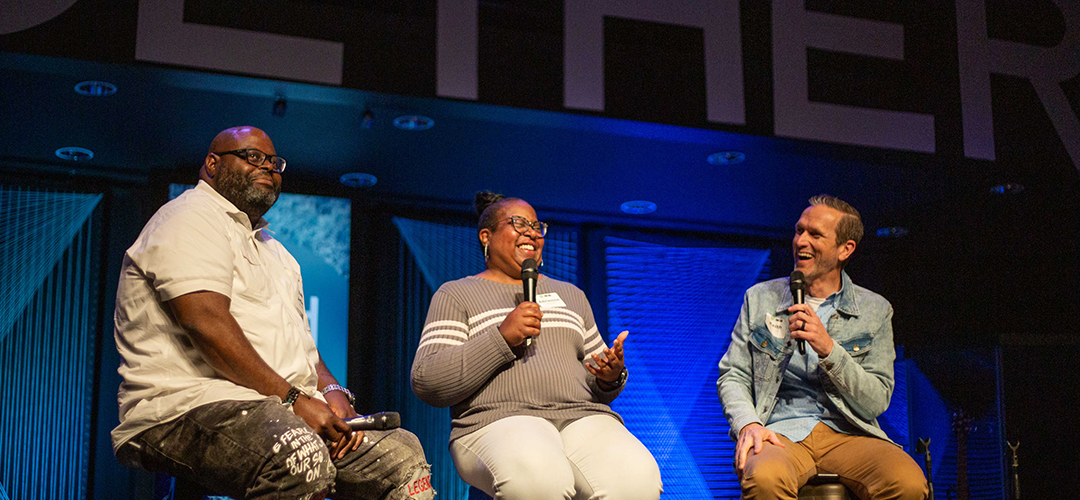I started genuinely following Jesus in college. After several years of spiritual mediocrity, partying, and generally just living for myself, Jesus met me in a powerful way in my college apartment. He led me into an undeniable life changing relationship with God and radical obedience to him.
After I graduated from college with a degree in Business Administration I was searching for the next step. Eventually Jesus led me to Youth With A Mission (YWAM) in Tyler, Texas where I met my wife (Susan), got deeply transformed, and realized I was a leader in some form or fashion. Those were intoxicating days of leading mission trips internationally, being taught by world class teachers, and investing in people that were often considerably older than me. Later we moved to Hong Kong and I became the right hand man to the leader of an international business/ministry that was a forerunner for what is now known as Business as Missions (BAM). We worked all over Asia and built a network of leaders and teams who were bringing the Kingdom to places that were off limits to traditional missions. It was a blast!
After five years in Asia we moved back to Texas and I served three and a half years as Associate Pastor at my home church. Our Pastor had a vision to plant a church and in 1999 we launched New Hope Church in Wylie, Texas. My plan was to be there five years and hand it off to another leader but God had different plans and we are still there. It’s been an amazing adventure, seeing literally thousands of people come to Christ for the first time or come back to him after years away from the church. We’ve sent missionaries all over the world and now have a network of leaders and organizations in the non-profit and for profit spheres. I sometimes shake my head in awe of what God has done.
I never made a plan to be a leader. My heart has been and remains, to follow God’s call and be faithful to him. There is an upside to not taking yourself too seriously; less assuming and a lack of entitlement. The downside is that you don’t realize how much influence you have and how loud your voice is in people’s hearts and minds. Over the years of leading, people would try to caution me about how much others are looking at me. I would think to myself, “I’m just Keith” or I would say, “Can’t I just be a human sometimes?” These responses seemed humble and self-effacing. In retrospect they were immature and naive. It was as if I could create an antidote to the celebrity pastor syndrome by simply refuting it verbally.






